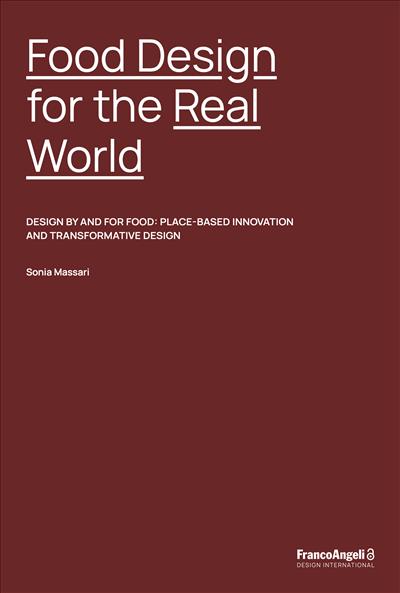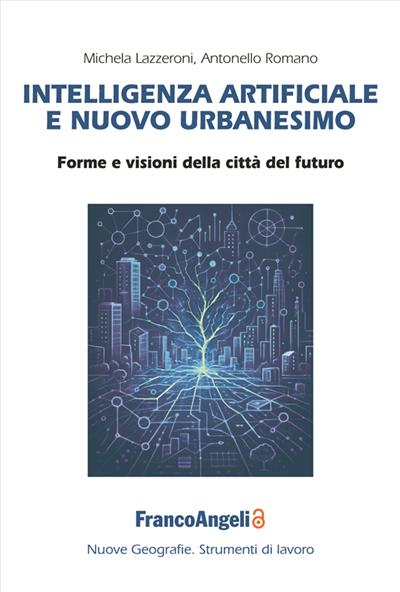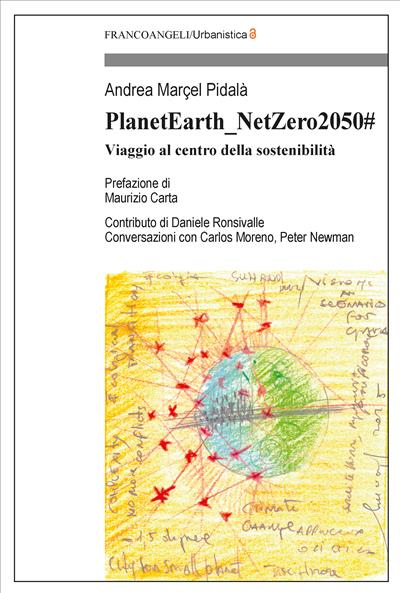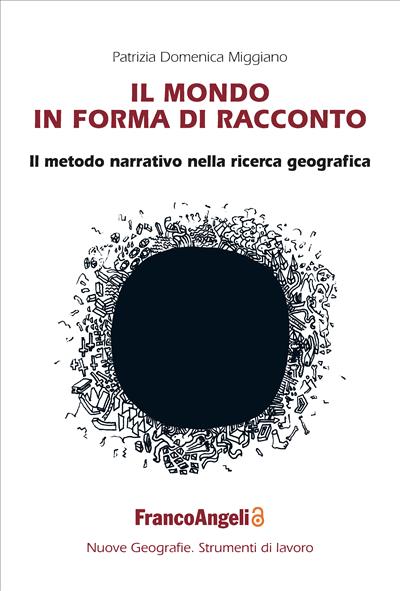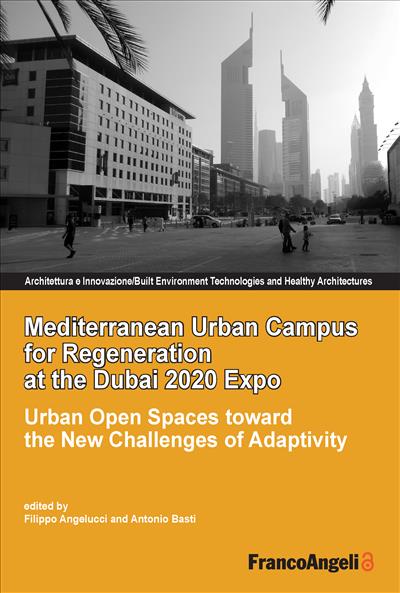
A cura di: Filippo Angelucci, Antonio Basti
Mediterranean Urban Campus for Regeneration at the Dubai 2020 Expo
Urban Open Spaces toward the New Challenges of Adaptivity
Adaptivity of the urban open spaces to face the climatic, socio-ecological, multicultural and health challenges, raises questions with multiple design implications, which cannot be solved only with the functional, formal, and technical rethinking of the space. Today, the metropolis of Dubai is characterized by an extreme climatic-environmental conditions and, at the same time, by an almost infinite capacity to regulate the living spaces through the most innovative technologies. The theme of adaptive design of open urban spaces has been contextualized in some case-study areas of Dubai. The results outlined a complex framework of different development trajectories, both for the designing innovation of the urban open spaces, and for the launch of new teaching methods of architectural, technological, and urban project.
Pagine: 208
ISBN: 9788835150008
Edizione:1a edizione 2022
Codice editore: 10086.1.1
Informazioni sugli open access
